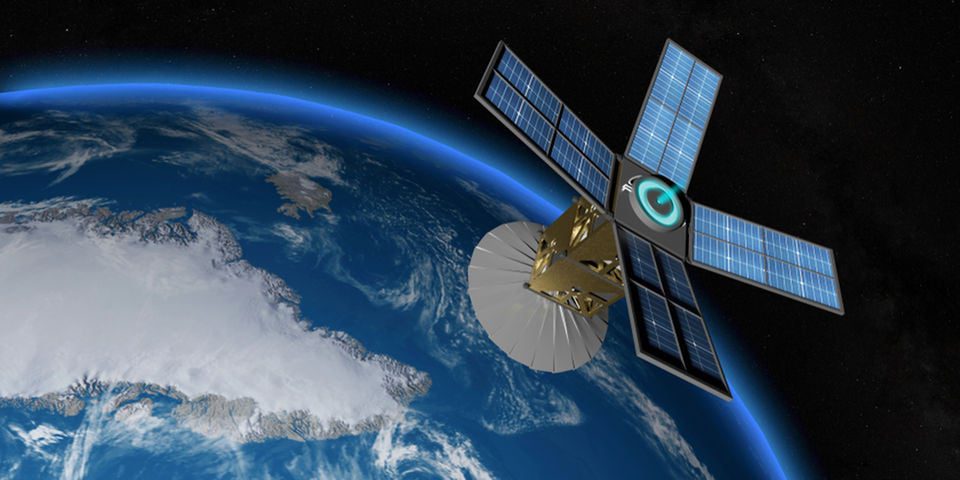Kenya is making history in the field of space technology. Its set to launch its first-ever operational satellite, Taifa-1/Nation-1/ “one nation”, on April 10, 2023. The satellite, will be launched aboard SpaceX Falcon 9 rocket from Vandenberg Air Force Base in California. Taifa one is set to revolutionize the country’s agricultural industry and management of natural resources, while providing accurate environmental observations to combat recurring water crises and mitigate the impact of natural disasters and migratory pests.
The Taifa-1 satellite is equipped with a hyperspectral Earth observation camera, capable of capturing and analyzing environmental, wildlife, and agricultural data. The data obtained from the satellite will enable authorities to provide support to the agricultural industry, alleviate food insecurity, and ensure efficient management of natural resources. With land-use mapping data at their fingertips, partners can mitigate the impact of natural disasters, migratory pests such as locusts, which have wreaked havoc on East African countries in the past.
Kenya has suffered heavy droughts, floods, and wildfires in the past decade, leading to recurrent water crises and damage to local agriculture and food supplies. With the Taifa-1 satellite in orbit, authorities can observe and track such events and respond accordingly. The launch of the satellite is, therefore, a significant milestone for the region, as it will aid in the fight against food insecurity and ensure the proper management of natural resources.
The Taifa-1 satellite was designed and developed by Kenyan engineers at SayariLabs, in collaboration with Bulgarian aerospace manufacturer EnduroSat. The testing and manufacturing of the parts were done under strict supervision, ensuring that the satellite is of the highest quality and can withstand the harsh conditions of space.
The launch of the Taifa-1 satellite is a great stride for Kenya’s nascent space program and the region. The investment in space technology will not only revolutionize the agricultural industry but will also trickle down to other sectors. With relevant collaborations and partnerships, Kenya, a technology and innovation hub, is likely to launch other food security solutions and products that rely on real-time accurate data on soils, vegetation cover, and weather.
The launch of Taifa-1 is a momentous occasion for the East African country, as it is the culmination of years of hard work and investment in space technology. The satellite will provide a platform for the country to not only observe and manage natural resources but also to advance its space technology capabilities.
The Kenyan government has expressed its optimism about the potential of the satellite to support the country’s food security and natural resource management objectives. The launch of the Taifa-1 satellite is a significant milestone that will provide the country with real-time data on crop health, soil moisture, and vegetation cover.
The Kenyan government has also expressed its intention to collaborate with other African countries in space technology. The African Union has identified space technology as a key area for development, with the potential to revolutionize agriculture, health, and communication sectors.
The launch of the Taifa-1 satellite is a historic moment for Kenya and the East African region. The investment in space technology will not only revolutionize the agricultural industry but will also trickle down to other sectors. With relevant collaborations and partnerships, Kenya, a technology and innovation hub, is poised to launch other food security solutions and products that rely on real-time accurate data on soils, vegetation cover, and weather.
